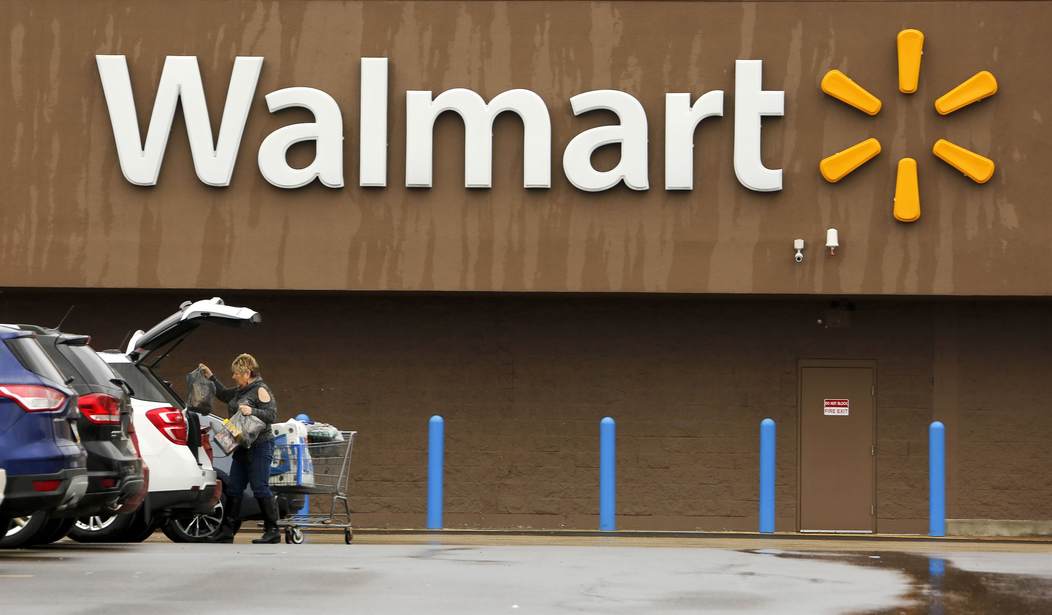This Friday in techno-hell, Walmart — the largest private employer in the United States — has announced that it will be delivering packages via drone to approximately 60,000 homes in the Dallas area as a pilot program, ostensibly with plans to roll out drone delivery nationwide.
Via Walmart (emphasis added):
Two years ago, we embarked on a journey to make the convenience of drone delivery a reality for our customers. Over that time, we’ve grown to offer it across seven states and 36 stores, completing more than 10,000 safe deliveries.
Today, we’re continuing that momentum by teaming up with Wing, an on-demand drone delivery provider powered by Google’s parent company, Alphabet. The service will be offered from two stores in the Dallas metro area in the coming months, enabling us to reach an additional 60,000 homes.
Working with Wing directly aligns with our passion for finding innovative and eco-friendly last-mile delivery solutions to get customers the items they want, when they want them. With drones that can fly beyond visual line of sight, we’re able to unlock on-demand delivery for customers living within an approximate 6-mile range of the stores that offer the service.
The Walmart Supercenter at 8555 Preston Road in Frisco, Texas, will be the first to launch, joining our existing network of 11 drone hubs already operating in the Dallas area. Once operations begin, customers can download the Wing app from the App Store or Google Play and enter their address to determine if their home is within the Wing drone delivery range. Customers will be able to order items like frozen treats (when those ice cream cravings hit), household essentials, last-minute meal solutions like macaroni and cheese, and even fragile items like eggs.
Despite the impression that my choice to include “techno-hell” in the headline might lend, I am not actually a Luddite in principle. Technology is a tool that, like most tools, is amoral in and of itself. Its utility or destructiveness depends on the context in which it is used and how it is deployed.
Ask anyone who has labored at UPS or FedEx: nonstop manual delivery of large packages is backbreaking work. It’s not only arduous in terms of the physical movement of the packages but also in the hours in between navigating through traffic on residential streets in a giant truck.
Were technology to alleviate that burden and automate the process, that would be an obvious godsend that only the most committed troglodyte would object to, at least on its face without context within the economy.
The issue here is that the economic model we currently rely on is predicated on humans working in human jobs. According to some estimates, there are around 1.5 million delivery workers employed at any given time in the United States.
That’s a lot of labor cost that companies like Walmart would — and increasingly do — jump at the opportunity to offset. Which is great for their bottom line, but not so much for the ability of said delivery workers to feed themselves and their families.
The flippant response from the ruling class is invariably some version of “learn to code” — in other words, gain a valuable skillset when your old job gets taken over by the machines. (Of course, it’s easy for Swamp creatures living off of government largesse to say when their jobs aren’t yet on the line.) This kind of crass is, as the Social Justice™ kids say, problematic for many reasons, not least of which is that coding is also liable to be taken up by AI in lieu of humans.
So what happens when the majority of the human workforce becomes irrelevant overnight in a relatively lightning-fast technological revolution against the entire backdrop of human history? This is the stuff of social collapse.










